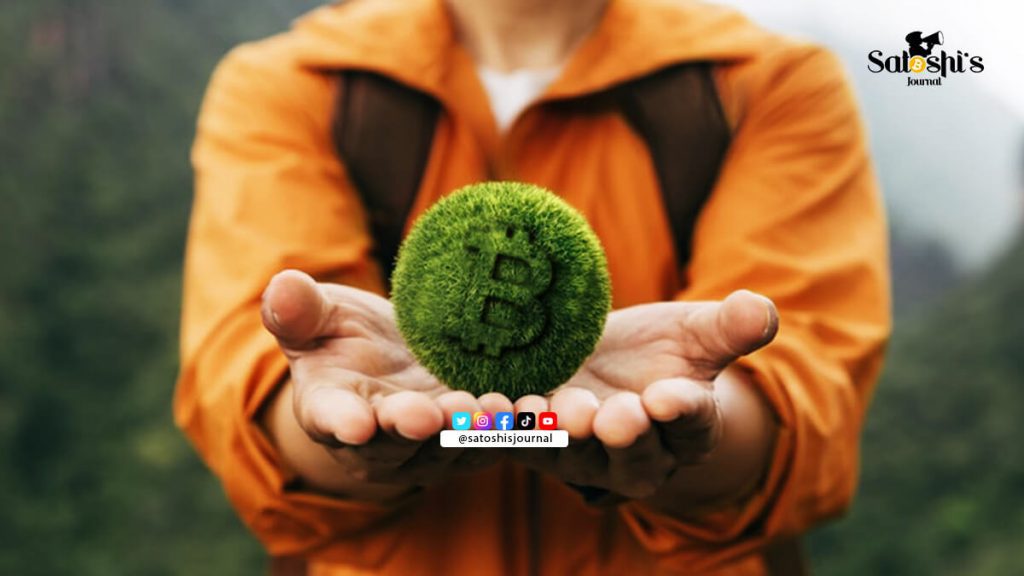As I stood in the line waiting for my turn to meet the cashier, I looked over the table and witnessed piles of physical currencies, some new and others mostly worn out and feeble, being counted and sorted for storage. Then I began to ponder the sustainability of physical cash for long-term value. From July 1st, 1959, when the Central Bank of Nigeria (CBN) issued Nigerian currency banknotes, until the present, Nigeria’s most common payment system has predominantly remained the Naira.
According to a report by Statista, a survey carried out amongst 1,049 respondents between January 26th to March 19th, 2021, revealed that 75% of payments made in Nigerian stores, restaurants, and other sales points were through cash. Even the Central Bank of Nigeria’s effort to adopt the Cashless policy in 2020 has been unable to unseat cash money as Nigeria’s most used payment method.
Where does this lead us? An economy built on highly destructible material, prone to currency fraud and a viable source of infection transmission. In comparison, this is by no means an article to shade the importance of physical currency. It is an elucidation of the deficit of this system and the reason why cryptocurrency is a better store of value. In 2020 alone, the Central Bank of Nigeria spent the sum of N58.618 billion ($141 million) to print 2.518 billion Naira notes, valued at N1.063 trillion, which values at 132 Bitcoin as of July 4th, 2022.
An average mining cost of $7,778 per Bitcoin would cost $1 million to mine the exact value of Naira, a whole $140 million difference. This would not have been so alarming if cash held a durable status for storing value and the lifespan of fiat was worth the input, but due to the enormous cost of cash-print management, it also does not stand the test of time. Paper money reacts to external influences like friction, moisture, and contact with liquids or chemicals, which strains banknotes.
In general, the durability of the notes depends on the owner’s handling, which is too broad a variable to be controlled exclusively. Value exchange forms a critical part of everyday life and, as such, should be stored in a more durable medium that is free of external influences like friction or the need for permission by any authority.
Bitcoin is durable because it is a purely data-based form of money, and the blockchain is replicated on thousands of computers worldwide to guarantee its persistence and authenticity. Hence, to destroy any bitcoin requires simultaneously destroying every computer node on which the bitcoin blockchain is logged, which is an impossible task that further reinstates the durability of the currency.
Another feature of cash to be wary of is its cotton texture which is a suitable habitat for microorganisms that accompany cash-in-transit from one user to another. Research across the globe has shown empirically that physical currencies are habitats of dangerous micro-organisms like tapeworm and nematodes, which are causative agents of some of the most lethal intestinal diseases on the planet. When a medium supposed to bring value instead takes the importance of good health away, it calls for a more sustainable alternative as cryptocurrency.
Trading Bitcoin does not harm human health; its digitalization also removes the fear of physical insecurities and threats from carrying cash. While equity, real estate, and gold have a monetary premium that remains protected by the military, the rule of law, and human lives, Bitcoin is a store of value that is only energy-dependent.
It is important to note that Bitcoin is not a risk-free investment. Still, if compared on all variables with other monetary mediums, it stands far above as a sustainable and viable medium for value exchange. The cue from here is to gain adequate knowledge about Bitcoin and its mode of operation to take advantage of this digital gold.
This is a guest post by Tolulope Oladimeji. You can follow her on Twitter @ruth_oladimeji. Opinions expressed are entirely their own and do not necessarily reflect those of Satoshi’s Journal or Satoshi’s Entertainment Company.
